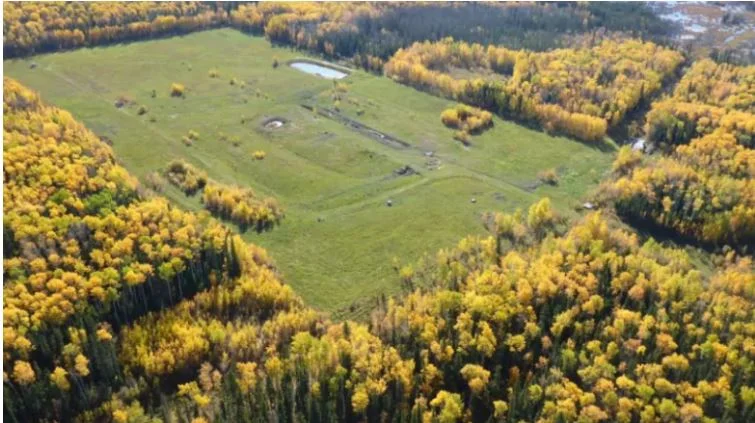The Canadian Coast Guard has issued its first fine against the owner of a derelict and abandoned vessel under a federal law that took effect four years ago. A statement from the coast guard says the agency levied a fine of $15,000 against the owner of a boat that was grounded and abandoned in Cadboro Bay, near Victoria.
First Nation calls on B.C. to restore shellfish harvesting sites closed for decades due to poor water quality
A First Nation on Vancouver Island has been legally barred from accessing one of its primary traditional food sources for the past 25 years, one of 154 shellfish harvesting sites closed by federal law in B.C. due to poor water quality. Some of those sites may be safe at times, a recent audit concluded, but they cannot be reopened because the federal agency in charge of testing those waters is understaffed. As a result, it devotes the majority of its limited resources to commercial harvesting areas. Shellfish beds First Nations have relied on for as long as their people have existed haven’t been given such high priority.
Enbridge to pay Bad River band $5.1M in Line 5 profits, move pipeline by 2026: judge
Calgary-based Enbridge Inc. must pay an Indigenous band in Wisconsin more than US$5 million in Line 5 profits and relocate the controversial cross-border pipeline within the next three years, a U.S. judge says. A rupture on territory that belongs to the Bad River Band of the Lake Superior Chippewa would constitute a clear public nuisance under federal law, district court Judge William Conley said in a decision late Friday.
Dispute in B.C. reveals cracks in Canada's shipbreaking regulations
When Mary Reynolds started flying her camera-equipped drone over a small stretch of Vancouver Island shoreline she landed in the middle of a fight between local activists and a company that dismantles old watercraft. The 71-year-old's videos, posted on her blog, showed how Deep Water Recovery was taking apart old barges and other vessels at its site in Union Bay, B.C. — a violation, say activists, of regional and provincial zoning regulations, that endangers an environmentally sensitive area rich with oysters.
'An abomination': Sask. water expert warns of contamination following Alberta's coal policy changes
Alberta's plan to allow for open-pit coal mining in the Rocky Mountains could be a serious threat to Saskatchewan's water supply, says the director of the Global Water Futures Project at the University of Saskatchewan. "For a water scientist to see this happening, it's just an abomination to have these types of developments suggested in the headwaters of the rivers that supply drinking water and the economy for most of Saskatchewan," John Pomeroy told CBC's Blue Sky. Last spring, the Alberta government revoked a 1976 policy that blocked open-pit coal mining on the eastern slopes and peaks of the Rockies.
Rural N.L. towns struggling to pay mounting costs of clean drinking water
On any given day in Newfoundland and Labrador, there are about 200 boil-water advisories in place in rural communities — and it's not only a problem of public health, but of the viability of small towns themselves. Governments have known for decades the seriousness of the situation, but the problem persists, for several reasons, starting with cost.
Suspected toxic leak triggers water licence application for N.W.T. well-site cleanup
The company responsible for cleaning up a defunct natural gas field near Fort Liard, N.W.T., says it will apply for a water licence after the territory's environmental regulator found chloride from the site is causing damage to the surrounding environment. In a June 5 letter to Paramount Resources, Environment and Natural Resources water resource officer Sonja Martin-Elson said that an inspection conducted last summer at the shuttered Pointed Mountain site found the company was in violation of the territory's Waters Act.








